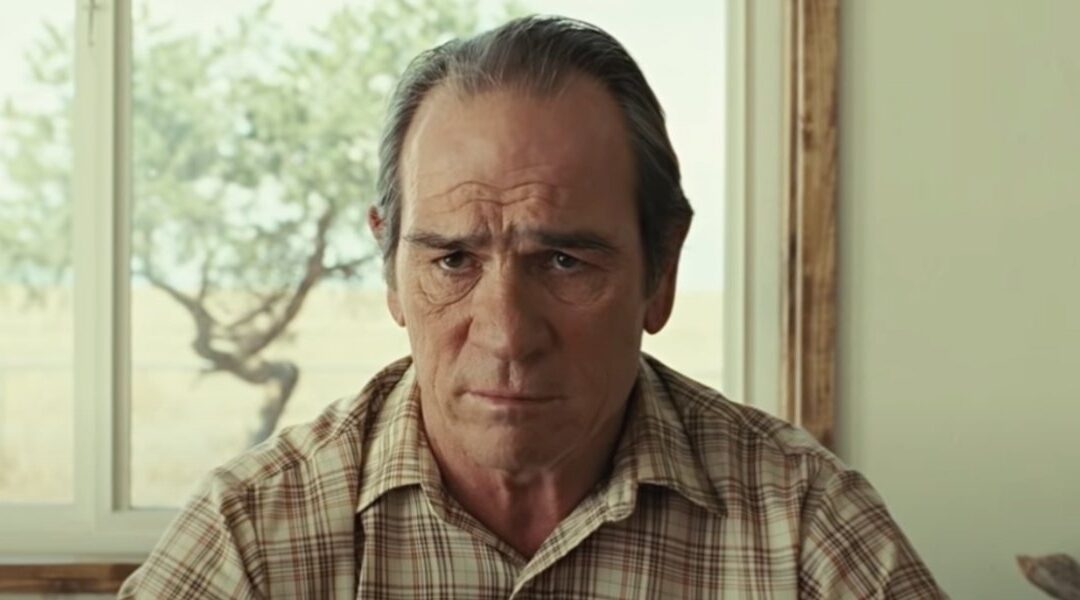The Coen Brothers have established a pretty strong repertoire of films. They look at strange, quirky outcomes, or the savage behavior of otherwise normal people. They depict some of the gritty realities of the human condition. Their movies convey a captivating suspense which engages audiences from beginning to end.
Most people celebrate Fargo as their best movie, but I disagree.
No County for Old Men is their best film. While Fargo becomes more underwhelming as the movie progressed to its climax, No Country for Old Men captivates you. The Big Lebowski is a big disappointment–and yes, that is my opinion, dude, a hollow comedy filled with self-aware slackers or caricatured wealth with little bearing on reality.
But No Country for Old Men is fuflfilling, a movie that just gives you chills. It was a stirring, warm, powerful drama, one with gradual and compelling suspense throughout. Even though I have seen this movie a few times, some of the most terrorizing moments in the movie still scare me, still shock when I watch them.
The stunning evil of the main character, Anton Chigurh, played by Havier Bardem, is unmistakable for its grandeur. He’s evil, yet there is a principled mesmerizing aspect to his evil that causes you to admire its portrayal. The methodical efforts of greedy Llewellyn Moss (played by Josh Brolin), who takes the cash from a drug deal turned Mexican stand-off, the old sheriff tracking the case (Ed Bell, played by Tommy Lee Jones), and Chigurh are fascinating and entertaining throughout the film. Who would have thought that a man washing his hands after choking someone could get your attention, or the steps that another man takes to move a briefcase full of cash from one motel room to the next via an airduct would be so … entertaining?
I saw this film twice in the movie theaters when it came out in 2007. I rarely ever did that, but that’s how good this film was.
One of the most moving scenes in this movie was the final scene, with now-retired sheriff Ed Bell sharing with his patient, strong, honest wife two dreams that he had the night before. The first one he could not recall, but the second one he remembered pretty vividly.
Here is that second dream:
[I]t was like we was both back in older times and I was on horseback goin’ through the mountains of a night…goin’ through this pass in the mountains.
It was cold and snowin’, hard ridin’. Hard country. He rode past me and kept on goin’. Never said nothin’ goin’ by. He just rode on past and he had his blanket wrapped around him and his head down…
And when he rode past I seen he was carryin’ fire in a horn the way used to do and I could see the horn from the light inside of it. About the color of the moon. And in the dream I knew that he was goin’ on ahead and that he was fixin’ to a fire somewhere out there in all that dark and all that cold, and I knew that whenever I got there he would be there.
And then I woke up.
This is a powerful dream, one of strong, subtle, even somber comfort, hope in the face of a dark, fearful future. Ed Bell reminisced that all would be well for him, even if the world is filled with evil people determined to do evil things to one another.
This final scene still stirs me. It’s powerful, moving, a strong, unwavering ray of bright hope against a bleak, common canvas of drugs, greed, and murder.
Unlike Fargo, which was subpar for its inconsequential contents, No Country for Old Men touches on universal themes. There are motifs and symbols, repeated interactions which reveal the good and bad in each character. There are timeless elements, eternal subjects brought to the forefront in this otherwise parochial police thriller.
No Country for Old Men is a good movie, and not just for its final scene, but it’s that final scene with Tommy Lee Jones which provides lasting hope for those who witness a world so corrupted, so fallen, and with no seeming chance of turning back.

